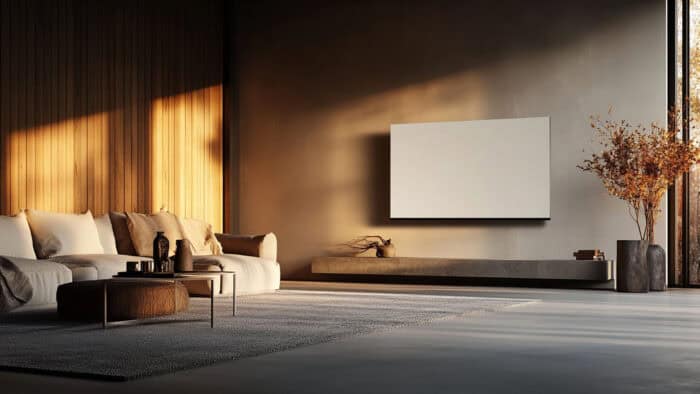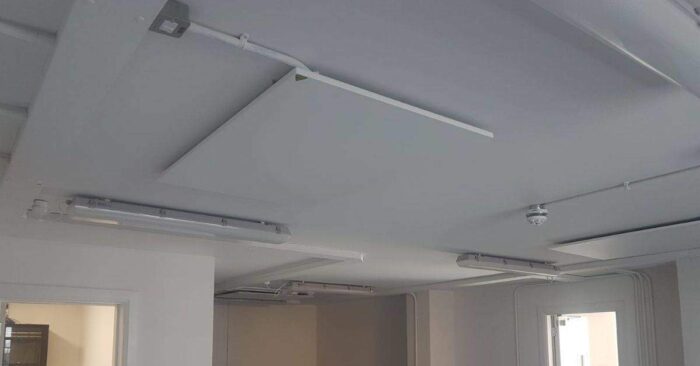Many people have been putting off upgrading their heating for years, and then life forces them to do it. What if you're faced with a fait accompli and need a quick, efficient solution that you can't afford?
How much will it cost?
The cost of the infrared heaters is much lower than the cost of the equipment needed for conventional heating systems. For exact prices on our website you can find out. But what about installation? Many people don't believe this, but installing infrapanels really doesn't involve destroying your home. Because they don't require any special expertise to install - like heat pump systems - you don't have to wait months for someone to do the work, and they won't cost as much. It can actually be fixed to the wall/ceiling with a few screws - which are included in the box. There are also pieces that can be plugged into a socket and pieces that can be connected directly to the circuit. As it doesn't involve any demolition, you don't even have to pay for the restoration of your home and you'll be spared a lot of grey hairs.
How much can I save?
The infrared panels operate at an extraordinary efficiency of 98%. This means that almost all the energy used is recovered. Just to give you a point of comparison, conventional heating systems can be as efficient as 60%. It makes a difference, doesn't it, how much electricity is used to get the right temperature? What's more, the infrared rays emitted by infrared panels provide a much more comfortable feeling of warmth than heating solutions based on air heating. This is because they heat objects and walls in the room instead of the air. The heat does not escape from the room at the same time as the draught and the heat is evenly distributed. The warm air that rises ends up on the ceiling, which doesn't do much good near the floor. So not only is the infrared panel more economical, it also provides a much better feeling of warmth at lower temperatures.

Can I install it alongside my current heating?
If you don't want to get rid of your old heating system, but simply need a more cost-effective solution temporarily, you can even use it as supplementary heating in rooms where you spend a lot of time. It can also be used to heat a single room, but it's better than having to tear everything down and install a whole new heating system. It can also be used as a stand-alone heating system, of course, and can be connected to a thermostat, so it's easy to control, even remotely from your mobile phone.
How do I know which and how many infrared heaters I need?
Our website you will find all the information you need to calculate this easily in the description of each product. If you still have problems, contact us and we can even help you with the installation.
If you want to know more about infrapanels, visit on our blog you'll find lots of useful information, but you can also ask us contact us at. Our products are available from via our webshop which we will send to you free of charge by courier. Share it with others if you think they might be interested in this opportunity!




